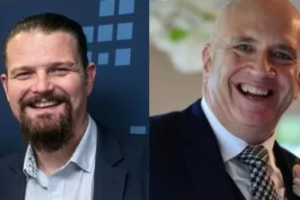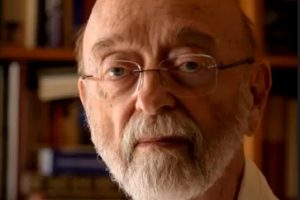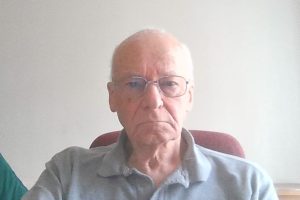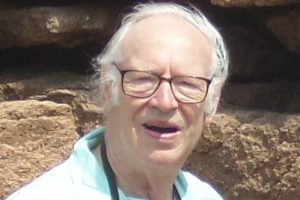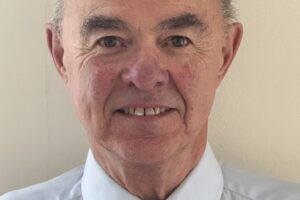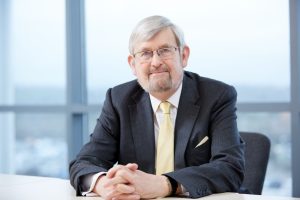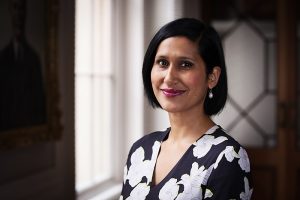Sir Julian Young
A delight in taking apart and rebuilding his bicycle highlighted Sir Julian Young’s bent for engineering at an early age. “An engineer is someone who is perpetually restless and never content with how things are,” he says. “You are always wanting to do better.”
Would-be engineers also need to be competent at numbers, score good marks in science, and be prepared to keep up-to-date with technology. But as an engineer you have “a job with opportunities for life,” Sir Julian says. It has certainly proved that way for him. Money was tight when he wanted to study aircraft engineering at university, so he applied for and won sponsorship with the RAF.
Since then, he has enjoyed a 40-year career as an aircraft engineer with the RAF. His experience spans a huge range of aircraft and technology, from the Mk1 Chinook and 1980s’ bombs dropped by gravity used to damage Port Stanley airfield in the Falkland Islands to today’s leading-edge F-35 fighter jet, with its robotics, smart weapons and AI. Most recently, he was Director General Air within the Defence Equipment & Support organisation in the Ministry of Defence and the RAF’s Chief Engineer.
Sir Julian is a Fellow of the Royal Academy of Engineering, a Governor of Bath College and a Trustee of the RAF Charitable Trust. He was awarded a KBE in 2020, a CB in 2013 and an OBE in 2000. In 2021, he became the 140th President of the Institution of Engineering and Technology. His ambition while in post is to push as hard as possible on addressing the challenges of sustainability and climate change.
